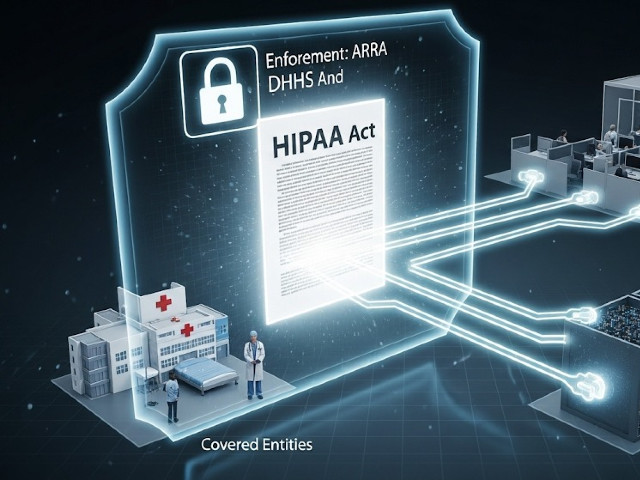Importance of HIPAA Compliance
HIPAA (Health Insurance Portability and Accountability Act) is a federally mandated, nationally applicable standard in the healthcare industry, governing all entities handling Patient Health Information (PHI). Failure to comply with HIPAA benchmarks for accessing, saving, sharing, or using PHI can result in severe legal consequences. Therefore, achieving HIPAA compliance is critical not only for healthcare professionals such as physicians, nurses, and medical technicians but also for administrative staff and new hires across various departments, who must be well-versed in HIPAA fundamentals [1] and the NIH Privacy Rule Overview [2].

HIPAA Certification Courses
To address this, healthcare organizations are increasingly endorsing training courses to ensure their staff is HIPAA-compliant. These HIPAA Certification Courses [3], also known as HIPAA Compliance Courses, educate healthcare professionals on the importance of HIPAA, the requirements for organizational compliance, and the consequences of violating these standards.
Availability of Certification
HIPAA Certification is typically offered by private organizations through online platforms, as the federal government or its endorsed authorities do not provide these courses. Thus, certifications from private entities have become the standard practice, with guidance from Office for Civil Rights HIPAA Education [4].
Training Content and Outcomes
Courses like HIPAA Compliance Training [5] focus on Security and Privacy Rule requirements, providing trainees with study materials, online resources, and reference support. Upon successful completion, participants receive a course certificate.
Advanced HIPAA Certifications
More comprehensive courses aim to produce Certified HIPAA Professionals [3], delving deeply into healthcare transactions, privacy issues, and identifiers. These programs may also cover security protocols and medical coding systems used in clinical facilities and billing centers.
Specialized HIPAA Roles
The highest-level HIPAA certifications, such as HIPAA Security Specialist or HIPAA Administrator courses, target specialized personnel. The HIPAA Security Specialist course focuses on security compliance issues, while the HIPAA Administrator certification addresses how HIPAA regulations impact employee management in healthcare workplaces, with insights from NIST Health Privacy Standards [6].
References
- HIPAA Overview – HHS HIPAA for Professionals
- HIPAA Compliance Fundamentals – NIH Privacy Rule Overview
- HIPAA Certification Courses – AHIMA Education
- HIPAA Training Guidance – HHS Office for Civil Rights
- HIPAA Security and Privacy – HealthIT.gov
- HIPAA Security Standards – NIST Health Privacy